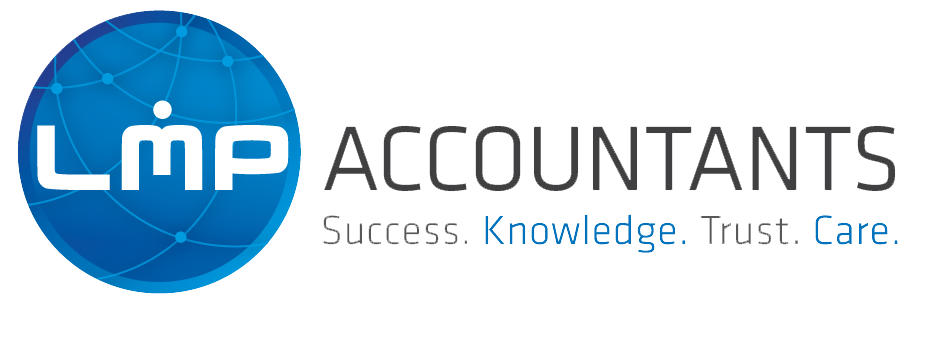The latest data breach report from the Office of the Australian Information Commissioner (OAIC) is surprising for the simplicity of the problems - 37% of data beaches resulted from human error not malicious attack. In over 20% of reported cases, personal information was simply sent to the wrong recipient. Another 6% of complaints were attributed to system faults.
A former Foodora Australia delivery rider, Joshua Klooger, recently won an unfair dismissal claim despite a service agreement that classified him as an independent contractor. We explore the implications of the case.
The Australian Tax Office (ATO) is utilising data provided by the Australian Investments and Security Commission (ASIC) to data match share trades.
Parliament passed new laws last month directly aimed at the behaviour of taxpayers that don’t meet their PAYG obligations.
Small business is still a vote winner with the Government and Opposition teaming up to accelerate tax cuts for the sector by 5 years impacting on an estimated 3.3 million businesses.
Why is it that many women choose not to seek more professional financial advice?
In general, women have a longer life expectancy than men, living on average 6 years longer, so there is a high chance of women outliving a partner. This means that for many women, their superannuation will have to stretch further.
1 July 2018 is the start date for the seven year income tax plan announced in the recent 2018-19 Federal Budget. The seven year plan benefits low and middle income earners in the first few years before expanding out to a broader restructure of the tax rates and brackets for everyone.
No one wants to pay more tax than they need to or face unnecessary risks. We’ve compiled a list of our top tips for you.
For individuals there are personal tax bracket changes coming from 1 July 2018 - The top threshold of the 32.5% personal income tax bracket will increase from $87,000 to $90,000*.
Employers that have fallen behind with their superannuation guarantee (SG) obligations will have 12 months to “self-correct” under a new amnesty announced late last month.
The 2018 Federal budget was handed down by Treasurer Scott Morrison in Canberra on Tuesday 8 May in the midst of Australia experiencing its 27th year of consecutive growth.
Single Touch Payroll (STP) – the direct reporting of salary and wages, PAYG withholding and superannuation contribution information to the ATO – comes into effect from 1 July 2018.
A recent Parliamentary Inquiry into Tax Deductions created some fairly sensational headlines about what and how deductions are being claimed - $22 billion worth to be exact.
The Fringe Benefits Tax (FBT) year ends on 31 March. We’ve outlined the key hot spots for employers and employees.
On 1 July 2018 Super concessions for downsizers come into effect. If you are over 65, have held your home for 10 years or more and are looking to sell, you can contribute a lump sum of up to $300,000 per person to superannuation without being restricted by the existing non-concessional contribution caps - $100,000 subject to your total superannuation balance - or age restrictions.
An analysis by Industry Super Australia submitted to the Economics References Committee into Wage Theft and Superannuation Guarantee Non-compliance, indicates that employers failed to pay an aggregate amount of $5.6 billion in SG contributions in 2013-14
New data breach rules in effect from 22 February 2018 place an onus on business to protect and notify individuals whose personal information is involved in a data breach that is likely to result in serious harm.
The Turnbull government is seeking to crackdown on phoenix companies and as a result, each Australian company director will be assigned a unique identification number to prevent them being able to deliberately scuttle their companies to avoid paying creditors and then reappearing phoenix-like - debt-free.
ASIC is in the midst of a concerted campaign targeting private companies that have outgrown the reporting exemptions.
The ATO receives around 20,000 reports each year from people who believe their employer has either not paid or underpaid compulsory superannuation guarantee (SG). In 2015-16 the ATO investigated 21,000 cases raising $670 million in SG and penalties.



















